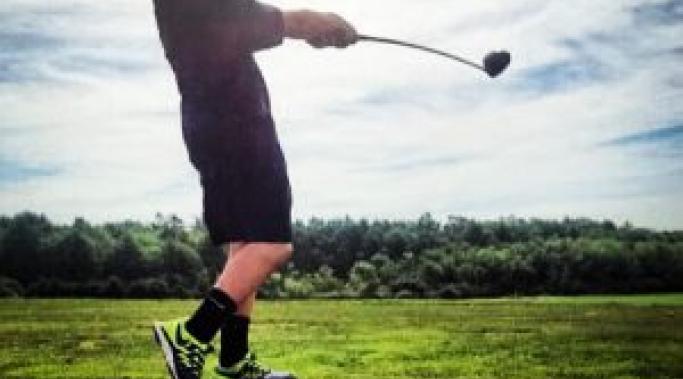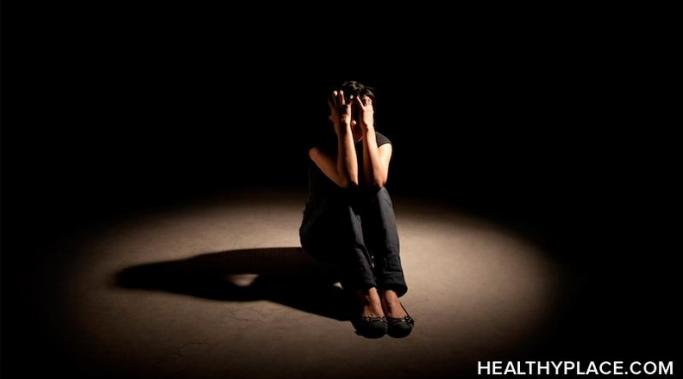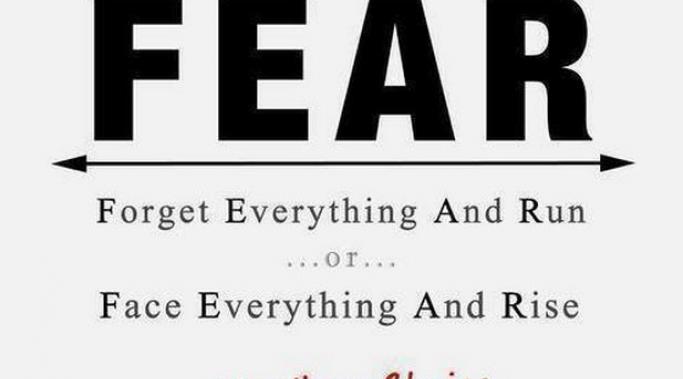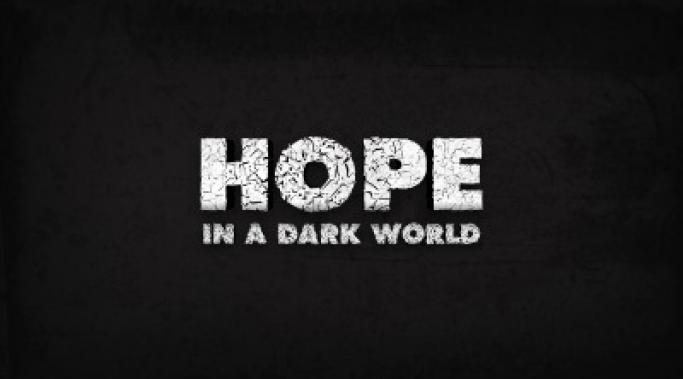Three years ago this month I joined the HealthyPlace blogging team by creating this blog. I did so because I wanted to write about symptoms of posttraumatic stress disorder (PTSD) and what it takes to heal. This was a personal mission: I am a PTSD survivor who struggled for almost 30 years before launching a healing rampage that led me to freedom. And now, while I'm sad to do it, I must say goodbye to Trauma! A PTSD Blog.
About PTSD
Follow-through and healing after posttraumatic stress disorder (PTSD) symptoms arrive is tough as illustrated by a client who recently told me about his plans to begin learning transcendental meditation to reduce his anxiety and he blurted in exasperation, "I know what I have to do to heal! The problem is that even though I know what to do I can't seem to get myself to do it."
This is a common refrain in recovery (and one I often said myself). Knowing what to do but not following through on doing it is one of the biggest problems in how to heal after PTSD symptoms settle in.
We all want to know how long it takes to heal posttraumatic stress disorder (PTSD). I know you want to heal yesterday, but the truth about PTSD, according to its diagnostic criteria, is that it doesn’t clear up overnight like a bad rash. Instead, we each have our own healing journey that has its own timeline. Settle in now for the long haul. Be realistic about what you are attempting to do. Give yourself permission to take the time you need. Decide you will be patient. And remember, how long it takes to heal posttraumatic stress disorder varies.
How to talk about your posttraumatic stress disorder (PTSD) is tricky, isn't it? I know during my recovery I found it very difficult to talk about my trauma and/or PTSD experience. I was uncomfortable dredging up the trauma memories, sharing my fears, and even admitting my shame, embarrassment, and other issues. But PTSD thrives and grows in the silence the way mold grows in dark and moist places. Healing means letting in the sun and it starts with learning how to talk about your PTSD.
In posttraumatic stress disorder (PTSD), education is critical in PTSD healing. Initially, we feel powerless in so many ways. One of the key aspects of healing is tipping that power balance in your favor. How can this be done? The first key element is gaining control over what you think and how you think about PTSD. PTSD education is your most powerful weapon. What you know about posttraumatic stress disorder can open up or shut down your quest to heal from PTSD.
How to treat PTSD by yourself is a tough process to discover. In fact, as someone who struggled with posttraumatic stress disorder (PTSD) for over 25 years, I can tell you from personal experience that you won't discover how to treat PTSD by yourself and reach 100% success. You will need the insight and training of professionals who have deep knowledge in processes that can ease the pain, soothe the memories, and release the fear. That having been said, there are many things you can do on your own to supplement the work you do with a professional, or to tide you over until you find the support you need.
Posttraumatic stress disorder (PTSD) recovery (and the actions it requires) often incites a lot of fear. It has to: creating change always takes you into uncharted territories that can make you question yourself. Frequently, the pain of facing difficult things, plus the exhaustion of attempting to break free from what’s controlling you will put you in situations that bring on a big feeling of “I can’t handle it.” This moment and feeling are the essence of fear in PTSD recovery and there are good reasons for feeling it.
Developing hope in PTSD (posttraumatic stress disorder) recovery is, in a word, difficult. You're struggling with the symptoms of PTSD that include depression, insomnia, nightmares, anxiety and hypervigilance (all of which can lead to despair) and you're supposed to find some way to be optimistic? You might be tempted to say, "No way," but if you want to heal it's going to be important to find a way to say, "Heck, yeah, I can develop hope in PTSD recovery."
Within five years of the start of my posttraumatic stress disorder (PTSD) symptoms I was deep into self-destructive food restrictions that caused me to drop an enormous amount of weight. My parents had tried to get me into therapy after my trauma but I flat out refused to discuss it. With the weight loss, they forced me to see eating disordered specialists, none of whom knew what to do with me. I wouldn't eat and I wouldn't talk. Back in the early 80s the clear connection between PTSD and eating disorders wasn't well documented or understood. Now it is and the data is clear: the link between PTSD and eating disorders is real and very common.
When I was struggling with posttraumatic stress disorder (PTSD) I didn't know how to describe what it felt like to others. How can you possibly express what it feels like to live with anxiety, depression, desperation, insomnia, nightmares, flashbacks, intrusive thoughts, suffocating memories, terrifying sensations, boiling rage or anger and the slew of other PTSD symptoms?
Rather than describe it I just isolated further and felt more and more alone -- and crazy. I didn't realize then that I wasn't alone in being stuck not knowing how to communicate my experience. I didn't know, at the time, how to define PTSD.








